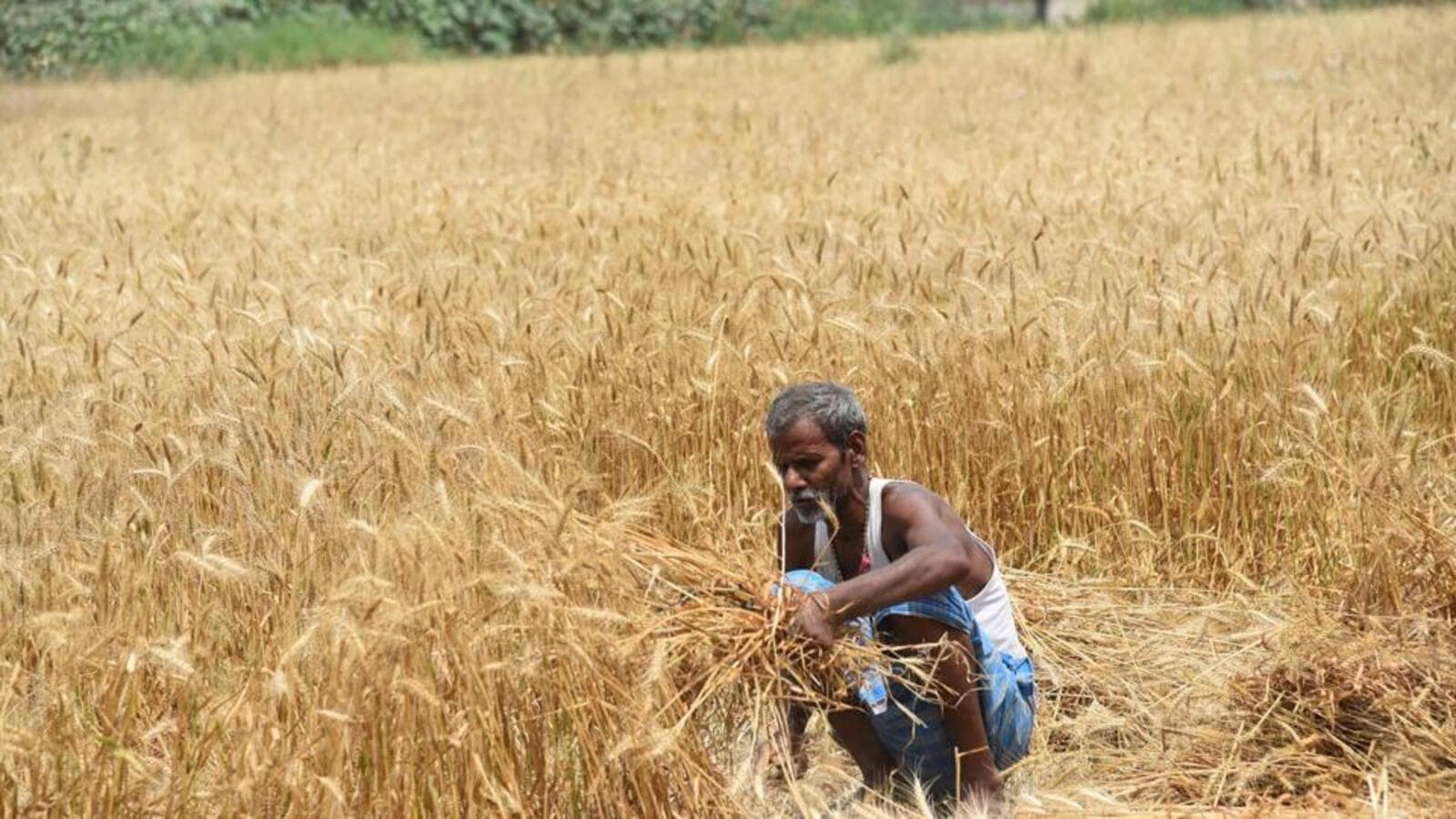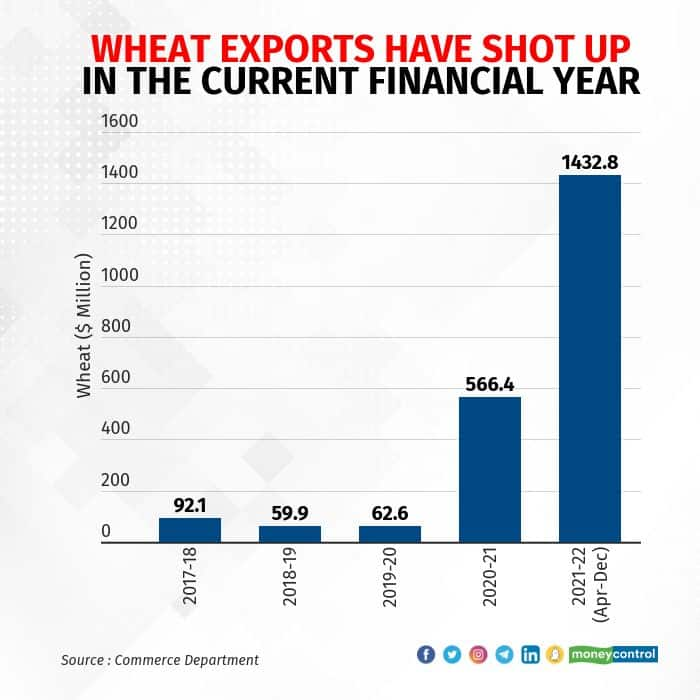Indian wheat export
Indian Wheat: What’s the deal?
The entire global economy is strained right now, with rising prices of goods, food, gas & oil, a rise in inflation, instability in the stock market and an all-time looming threat of mass destruction due to a meaningless conflict in Europe.
We had already discussed the global food crisis at great lengths (Check out before proceeding). Everyone is well aware of the low production and shortage of wheat in the global market mainly due to heatwaves and market instability which caused India to ban the export of wheat and allow only government-to-government (G2G) deals.
Before the ban, Turkiye had requested to purchase 50k metric tons of Indian wheat, which was a first for Turkiye because its major wheat suppliers, Ukraine and Russia are at war which pushed Turkiye on a brink of wheat and bread crisis. This can be considered a milestone considering that Indian wheat was not even considered by the European markets and countries like Turkiye and was called of poor quality just a few years back.
But then the Indian government banned the export of wheat around mid-May, and by the end of May, Turkiye rejected Indian wheat shipment on phytosanitary concerns. Now understand the geopolitics behind, India and Turkiye had a strained relationship ever since India’s non-alignment policy during the cold war and Turkiye’s pro-Pakistan statements on the Kashmir issue because of its religious mutuality with Pakistan had strained bilateral ties even more. So it was okay until private players were the ones purchasing and selling the wheat but when the Indian government banned the export and implemented G2G deals only, Turkiye to save face rejected the shipment. But doing so also damaged the reputation of the Indian wheat in the global market by raising phytosanitary concerns.
The funny thing is that Egypt recently (mid-May) sent its officials to India to evaluate Indian wheat’s quality, nutritional content, and phytosanitary standards and had given clearance to the Indian wheat and announced India as the new wheat supplier. Not only that but also took the Indian wheat consignment of 50k metric tons that Turkiye had rejected and exposed Turkiye’s corporate war to defame the Indian agricultural sector.
Egypt isn’t the only nation interested in buying Indian wheat, at present, the Indian government has received requests from 5 countries for a G2G deal which include Indonesia, Oman, UAE, Bangladesh and Yemen. Trade that will be conducted between India and Indonesia will most probably be in barter i.e.
Indonesia’s palm oil for Indian wheat. And for the remaining nations, the Indian government had specifically mentioned not to re-export Indian wheat to the global market.
Seems like the Indian government had very well planned its export policies and is determined not to repeat the 2004-2005 mishap, where the Indian government had exported excess wheat due to the abundant produce in 2004 and by the end of 2005 prices of flour and wheat went sky high due to severe shortage caused by poor trade policies and inadequate data management done by the government.
This was the analysis of Indian wheat's current demand and geopolitics around it. Do share and comment!



Good one..
ReplyDeleteThank you for staying connected with Globe Decoded.
Delete